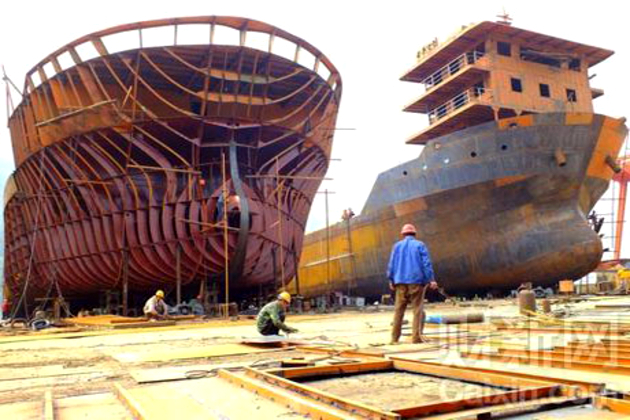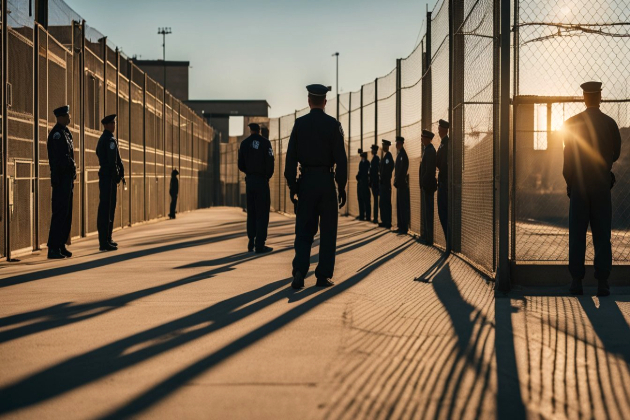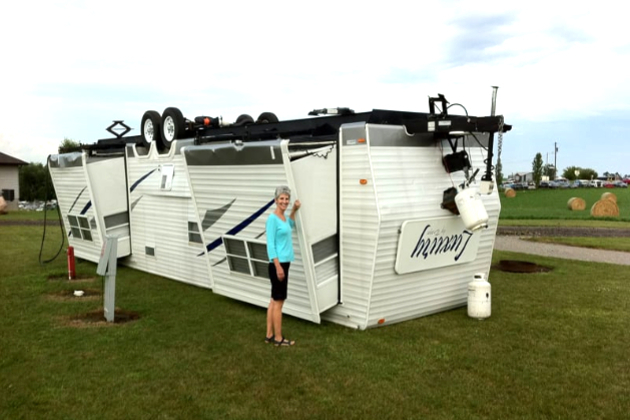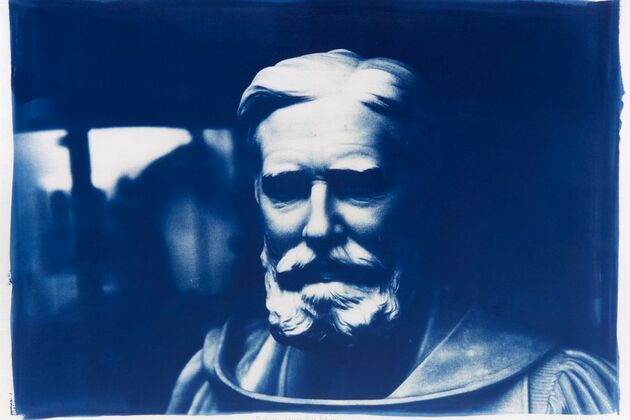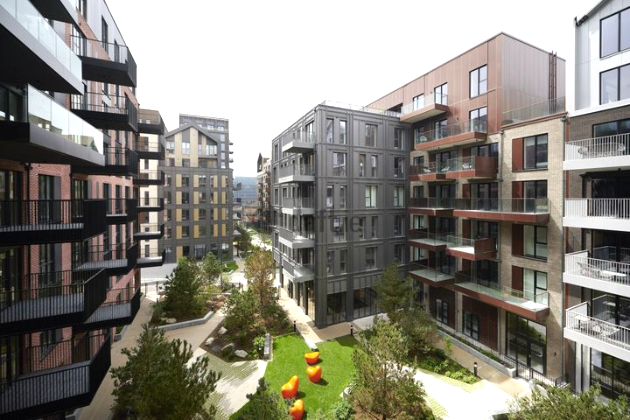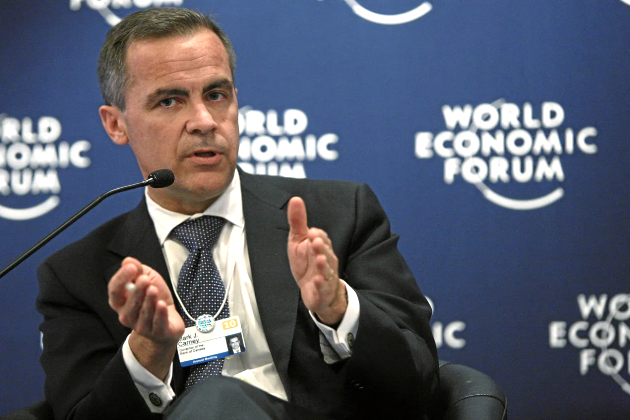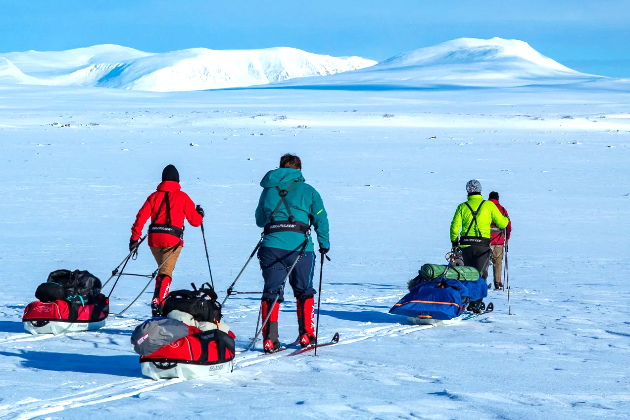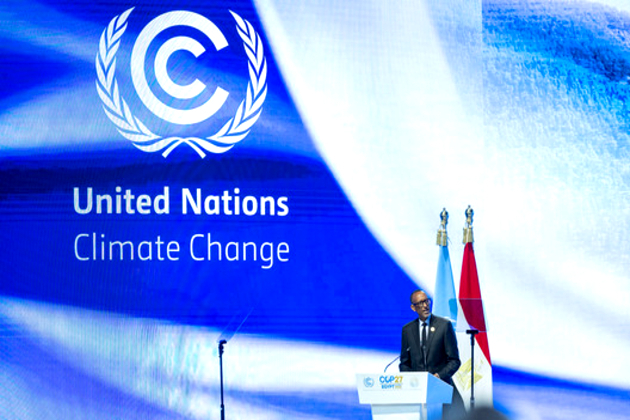South African probe into corruption awaits a star witness -- Jacob Zuma
The Conversation
12 Jul 2019, 18:04 GMT+10
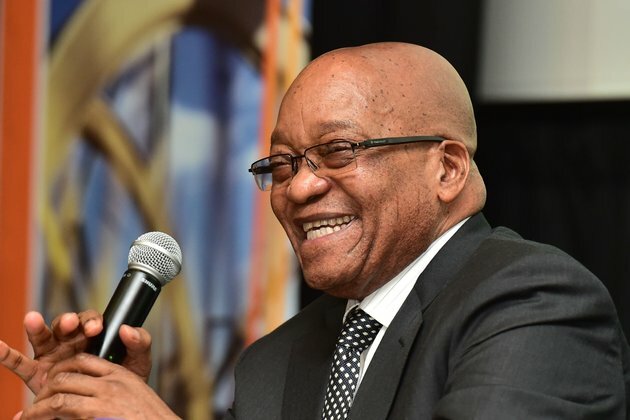
It's been almost a year since the Commission of Inquiry into allegations of state capture in South Africa began to hear testimony. Also known as the Zondo Commission, it is headed by Deputy Chief Justice Zondo Raymond, who has listened to 130 days of live testimony from more than 80 people. It is probing allegations that the government was captured by private business interests for their own benefit.
During it all, echoes of former South African President Jacob Zuma's alleged involvement have become deafening. Through various testimony, Zuma has been directly implicated by current and former senior government officials and ministers. They have alleged, among other things, that Zuma leaned on them to help the Guptas - Zuma's friends who are accused of having captured the state - and to fast-track a nuclear deal with Russia that would have bankrupted South Africa. Also, the governance failures that have resulted in the looting of parastatals, have been blamed squarely on state capture.
Zuma's turn to give evidence has arrived. Not only does he deny that state capture exists - he's called it a fake political tool - he's also cast himself as a hapless victim.
Refusing to engage the concept, he said:
The allegations against him are that he orchestrated a network of corruption that hijacked South Africa's developmental project.
The importance of Zuma testifying before the commission should not be underestimated. It will set a precedent that will either show that those that abuse power will be held to account or that the cycle of impunity will continue, reinforcing the unjust systems that enable state capture.
Understanding state capture
Originally, the theoretical concept of state capture referred to a form of grand corruption. In the case of South Africa, it can be defined as the formation of a shadow state, directed by a power elite. This shadow state operates within - and parallel to - the constitutional state in formal and informal ways. Its objective is to re-purpose state governance, aligning it with the power elites' narrow financial or political interests, for their benefit.
State capture rests on a strategy to align arms of state and public institutions and business to support rent-seeking.
In the events being scrutinised by the commission, the evidence being led shows that actors made sure that all the conditions were created and processes lined up to extract more money than the actual goods and services cost as a way to enrich themselves.
This reveals the systemic nature of state capture. To be successful, it requires the deep cooperation and complicity of the highest office in the land to secure rents, hollow out accountability and maintain legitimacy.
The graphic below, by Robyn Foley, a senior researcher the Centre for Complex Systems in Transition at Stellenbosch University, outlines the alleged strategy of capturing state-owned enterprises, installing compliant officials, undermining the functional operation of government institutions and discrediting critical voices.
The graphic points to a presidency where state capture became syndicated within the state and rent-seeking. Capture is a radical departure from the norms and values upon which a democratic developmental state depends. Like most liberal democracies, South Africa's constitution provides for checks and balances that are supposed to limit such abuses of power. When these checks are undermined, and the balancing forces are biased, the system becomes a reinforcing loop of bad behaviour, spiralling towards an oligarchic authoritarian state.
In other words, a silent coup.
How did we get here?
Zuma set his presidency on the ticket of state-sponsored development. This entailed using state-owned enterprise procurement, tighter state control and Black Economic Empowerment to realise what has been termed radical economic transformation.
But it was precisely within this agenda, and the governance arrangements that supported it, that seeds for state capture were sown. Tighter state control meant that the flows of information were controlled by only a few, while state-owned enterprises used the biggest share of procurement rands.
There was already billions moving through these state owned enterprises and radical economic transformation was the perfect ideology to bring it all together.
But black business hardly benefited at all from the profits of state capture. If radical economic transformation were to be effected through the constitutional state, it would be enacted through economic policy that supported livelihoods and employment creation. In addition, state capture has hollowed out the very institutions that would have been able to realise radical economic transformation through the constitutional state.
The unravelling
Numerous events over the past decade point to a slowburn abuse of key state resources. One of the first was the irregular landing of a civilian plane at Waterkloof Military Air Base in 2013. The plane was carrying foreign guests to a family wedding hosted by Zuma's friends, the Gupta family.
Two years later evidence emerged that millions of rands of public funds had been used illegally for upgrades to the then president's Nkandla homestead. This spending was outlined in a report prepared by the former Public Protector Thuli Madonsela.
The turning point came only months after the release of the Public Protector's State of Capture report, when Zuma fired then Finance Minister, Pravin Gordhan and his deputy, Mcebisi Jonas in March 2017. The events sent a shock wave through South Africa, triggering mass protests and mobilised public outrage, forcing Zuma to initiate the robust inquiry into state capture.
Our unpublished research shows that, to date, there have been 28 public state capture investigations, inquiries and commissions. There are also 118 outstanding cases of corruption involving government officials and politicians in the intray of the newly appointed head of the country's National Prosecuting Authority, Advocate, Shamila Batohi.
The true cost of the damage cost by state capture, including the destruction of institutions and lives, is unquantifiable.
South Africans may well be seduced by the prospect of Zuma taking the stand at the Zondo commission. But he was not alone in driving the state capture project. And, the network of actors and influencers is extensive and still very much active. This much has been laid bare in testimony before the commission.
Nina Callaghan, Robyn Foley, senior researchers at the Centre for Complex Systems in Transition at Stellenbosch University, contributed to the article.
Author: Mark Swilling - Distinguished Professor of Sustainable Development, Stellenbosch University 
 Share
Share
 Tweet
Tweet
 Share
Share
 Flip
Flip
 Email
Email
Watch latest videos
Subscribe and Follow
Get a daily dose of Irish Sun news through our daily email, its complimentary and keeps you fully up to date with world and business news as well.
News RELEASES
Publish news of your business, community or sports group, personnel appointments, major event and more by submitting a news release to Irish Sun.
More InformationInternational
SectionChina now dominates shipbuilding; US faces security risks
WASHINGTON, D.C.: In the past 20 years, China has become the world's top shipbuilder, producing more than half of all commercial ships....
New York fires 2,000 prison guards after wildcat strike
ALBANY, New York: New York fired over 2,000 prison guards this week for not returning to work after a weeks-long strike that disrupted...
China hits Canadian agriculture with tariffs in trade retaliation
BEIJING, China: China has announced new tariffs on Canadian agricultural and food products in retaliation for Canada's recent duties...
One dead, three injured as RV flips in Texas storm
ENNIS, Texas: A man died, and three of his family members were injured when their RV flipped several times during a strong storm at...
Man not the product of evolution, world-acclaimed naturalist argued
One halcyon spring day in 1903, the 69-year-old anatomist and naturalist Dr. James Bell Pettigrew sat at the top of a sloping street...
Fighter jets intercept plane near Trump’s Florida home
WEST PALM BEACH, Florida: Air Force fighter jets have stopped a civilian plane that entered restricted airspace near Donald Trump's...
Europe
SectionMajor coastal projects in Ireland get funding for climate adaptation
DUBLIN, Ireland: Three significant projects focused on marine conservation and climate change adaptation have received over 24 million...
Volkswagen to slash 1,600 jobs at Cariad by year-end
BERLIN, Germany: Volkswagen is set to cut 1,600 jobs at its Cariad software division by the end of the year, affecting nearly 30 percent...
Dublin unveils affordable housing plan for vacant Cabra site
DUBLIN, Ireland: Dublin City Council and Cluid Housing have unveiled plans to transform a vacant site in Cabra into an affordable rental...
Canada’s next PM Mark Carney to give up Ireland, UK citizenships
DUBLIN, Ireland: Mark Carney, Canada's incoming prime minister, has announced plans to renounce his Irish and British citizenships...
Ireland’s all-female crew begins Arctic trek for women’s heart health
DUBLIN, Ireland: An all-female crew is embarking on a challenging Arctic expedition to raise awareness and funds for women's heart...
Latest US pullback from international climate efforts
BRUSSELS, Belgium: The United States has withdrawn from the board of a U.N. climate fund designed to help poor countries deal with...

